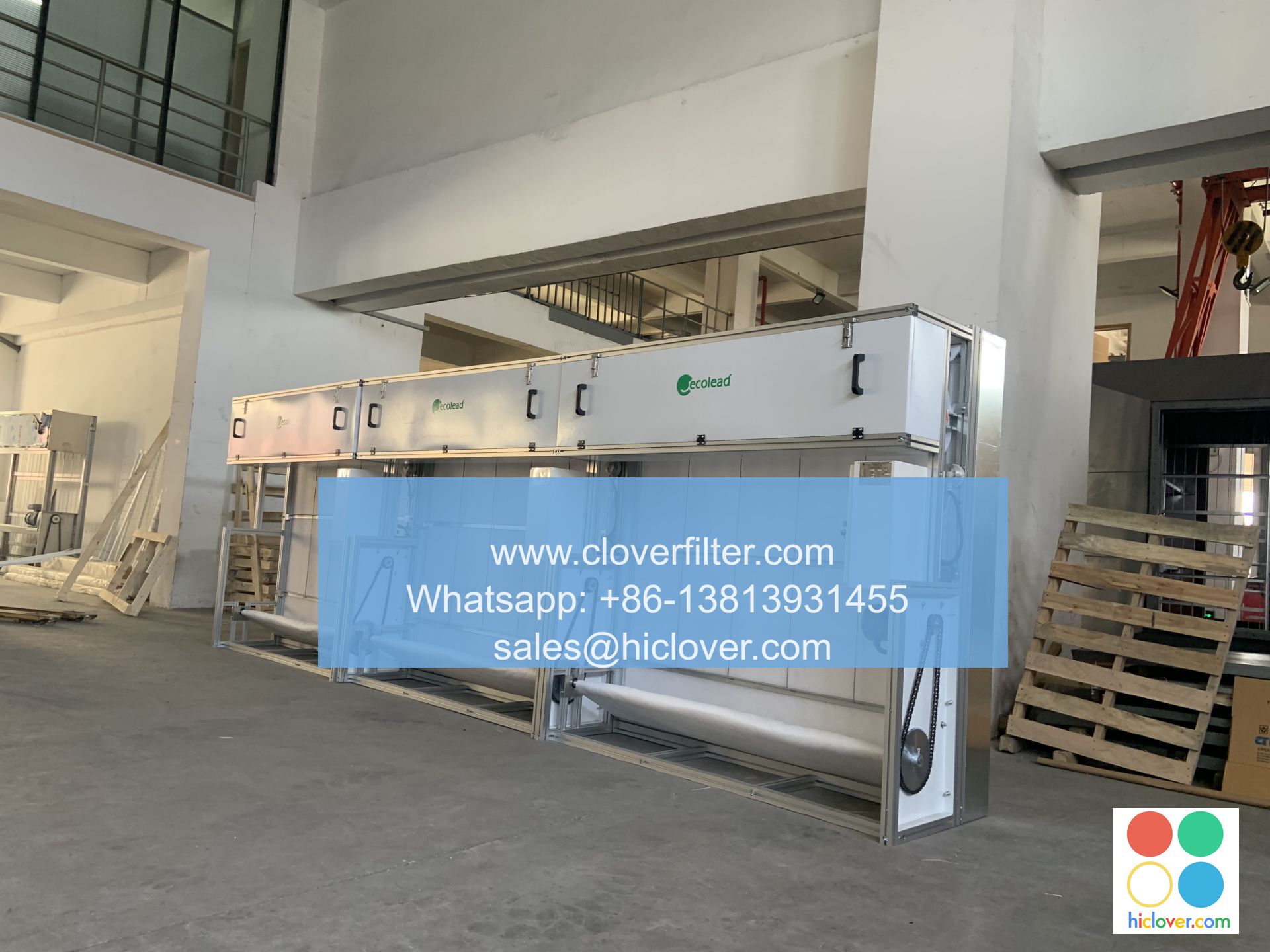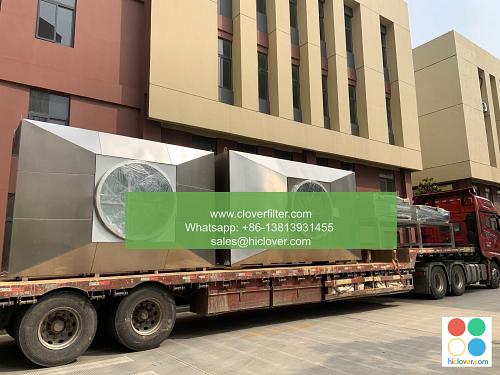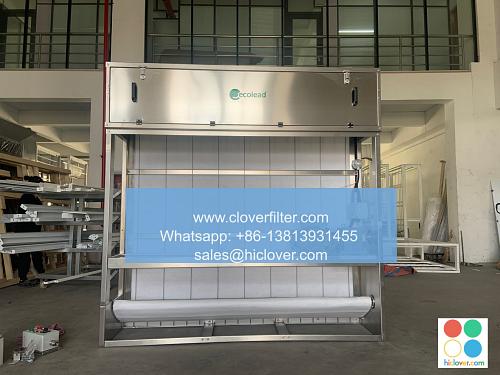The Importance of Air Filter Component Selection for Cleanrooms

Cleanrooms are controlled environments that require precise air quality control to prevent contamination and ensure the quality of products being manufactured. One of the critical components in maintaining cleanroom air quality is the air filter. The selection of air filter components is crucial to prevent particulate and microbial contamination, and to maintain the required air cleanliness classification. In this article, we will highlight the importance of air filter component selection for cleanrooms and discuss various application areas where high-quality air filters are essential.
Types of Air Filters Used in Cleanrooms
Cleanrooms use various types of air filters, including HEPA filters (High Efficiency Particulate Air), ULPA filters (Ultra Low Penetration Air), and microporous filters. These filters are designed to capture particulate matter, bacteria, and other airborne contaminants that can compromise the quality of products being manufactured. The selection of the right type of air filter depends on the specific cleanroom classification and the application area.
Application Areas for High-Quality Air Filters
High-quality air filters are essential in various industries and application areas, including:
- Pharmaceutical manufacturing: to prevent contamination and ensure the quality of pharmaceutical products
- Biotechnology research: to maintain a sterile environment and prevent contamination of biological samples
- Medical device manufacturing: to prevent contamination and ensure the quality of medical devices
- Semiconductor manufacturing: to prevent contamination and ensure the quality of semiconductor products
- Food processing: to prevent contamination and ensure the quality of food products
- Filter efficiency: the ability of the filter to capture particulate matter and other airborne contaminants
- Filter media: the type of material used to capture particulate matter and other airborne contaminants
- Airflow rate: the rate at which air flows through the filter
- Pressure drop: the decrease in air pressure across the filter
- Filter longevity: the lifespan of the filter and the need for replacement
In these application areas, high-quality air filters are critical to preventing particulate contamination, microbial contamination, and other airborne contaminants that can compromise the quality of products being manufactured.
Factors to Consider When Selecting Air Filter Components
When selecting air filter components for cleanrooms, several factors must be considered, including:
By considering these factors, cleanroom managers and facility engineers can select the right air filter components to maintain the required air cleanliness classification and prevent contamination.
Conclusion
In conclusion, the selection of air filter components is critical to maintaining cleanroom air quality and preventing contamination. By understanding the types of air filters used in cleanrooms, the application areas where high-quality air filters are essential, and the factors to consider when selecting air filter components, cleanroom managers and facility engineers can ensure the quality of products being manufactured and prevent particulate contamination, microbial contamination, and other airborne contaminants. The importance of air filter component selection cannot be overstated, and it is essential to highlight the various application areas where high-quality air filters are critical to maintaining cleanroom air quality. You haven’t provided a prompt or question for me to respond to. Please provide more context or ask a specific question, and I’ll do my best to assist you.


